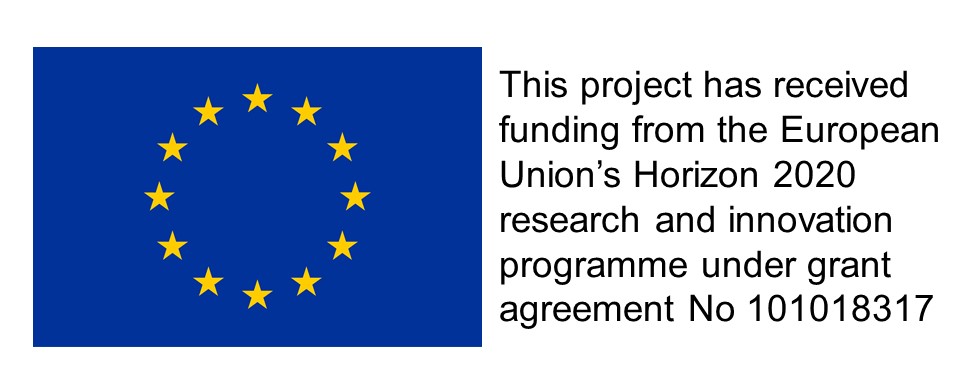Description
The World Health Organization has declared the rapid spread of COVID-19 around the world a global public health emergency. It is well-known that the spread of the disease is influenced by people’s willingness to adopt preventative public health behaviors, which are often associated with public risk perception. In this study, we present the first assessment of public risk perception of COVID-19 around the world using national samples (total N = 6,991) in ten countries across Europe, America, and Asia. We find that although levels of concern are relatively high, they are highest in the UK compared to all other sampled countries. Pooled across countries, personal experience with the virus, individualistic and prosocial values, hearing about the virus from friends and family, trust in government, science, and medical professionals, personal knowledge of government strategy, and personal and collective efficacy were all significant predictors of risk perception. Although there was substantial variability across cultures, individualistic worldviews, personal experience, prosocial values, and social amplification through friends and family in particular were found to be significant determinants in more than half of the countries examined. Risk perception correlated significantly with reported adoption of preventative health behaviors in all ten countries. Implications for effective risk communication are discussed.
Publication
Contact info
Winton Centre for Risk and Evidence Communication, University of Cambridge, Cambridge, UK;b Department of Psychology, University of Cambridge, Cambridge, UK





